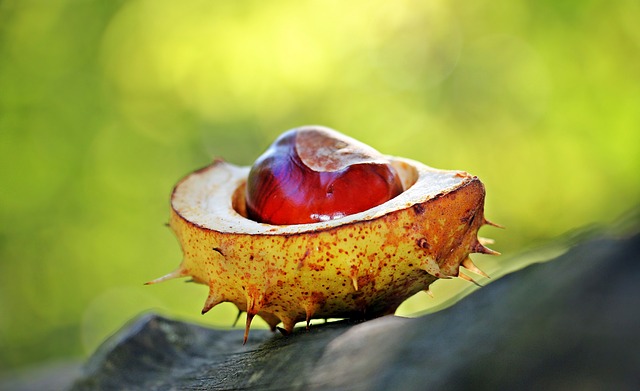Beyond Yogurt: Exploring Alternative Sources of Probiotics for a Healthy Lifestyle
In recent years, probiotics have gained significant attention for their potential health benefits. These live microorganisms, often referred to as “good” bacteria, can improve digestion, boost the immune system, and promote overall well-being. While yogurt is a popular probiotic source, there are numerous other options available that can enhance your microbial health. Let’s dive into some alternative sources of probiotics that can contribute to a healthy lifestyle.
Kombucha

Kombucha is a fermented tea that has been consumed for centuries due to its potential health benefits. It is rich in probiotics, specifically strains of bacteria and yeast. Consuming kombucha regularly contributes to a healthy gut microbiome, aiding digestion and supporting the immune system. Additionally, kombucha is a good source of antioxidants, which protect the body against oxidative stress.
Sauerkraut

Sauerkraut, a traditional fermented cabbage dish, is another excellent source of probiotics. During the fermentation process, beneficial bacteria convert the sugars present in cabbage into lactic acid. This creates an acidic environment that promotes the growth of healthy bacteria. Incorporating sauerkraut into your diet can improve digestion and aid in the absorption of nutrients. It is important to choose unpasteurized sauerkraut to ensure it contains live beneficial bacteria.
Miso

Miso, a traditional Japanese seasoning, is made by fermenting soybeans with salt and a fungus called koji. The fermentation process can last from a few weeks to several years, resulting in a paste with a rich umami flavor. Miso is not only a source of probiotics but also provides essential minerals, vitamins, and antioxidants. Adding miso to your meals, such as in soups or dressings, can introduce beneficial bacteria into your gut and enhance your overall nutritional intake.
Kimchi

Kimchi, a staple in Korean cuisine, is a spicy, fermented vegetable dish typically made with cabbage, radishes, and various seasonings. Similar to sauerkraut, the fermentation process creates favorable conditions for the growth of beneficial bacteria. Kimchi is packed with vitamins, minerals, and fiber, making it a nutritious addition to your diet. Regular consumption of kimchi can improve digestion, strengthen the immune system, and promote metabolic health.
Tempeh

Tempeh is a fermented soybean product originating from Indonesia. It is created by fermenting soybeans with a mold called Rhizopus oligosporus. Tempeh has a nutty flavor and a firm texture, making it a popular meat substitute for vegetarians and vegans. In addition to being a good source of protein and fiber, tempeh is rich in probiotics. Incorporating tempeh into your meals can help maintain a healthy gut microbiome and provide essential nutrients.
Probiotic Supplements

If incorporating probiotic-rich foods into your diet is challenging, you can consider taking probiotic supplements. These supplements contain a concentrated dose of beneficial bacteria. When choosing a probiotic supplement, look for strains that have been researched for their health benefits, such as Lactobacillus and Bifidobacterium. It is advisable to consult with a healthcare professional before starting any new supplements to determine the appropriate strains and dosage for your needs.
Conclusion
While yogurt is a popular choice for obtaining probiotics, there is a wide range of alternative sources that can enhance your microbial health. Incorporating kombucha, sauerkraut, miso, kimchi, tempeh, and probiotic supplements into your diet can provide a variety of beneficial bacteria







